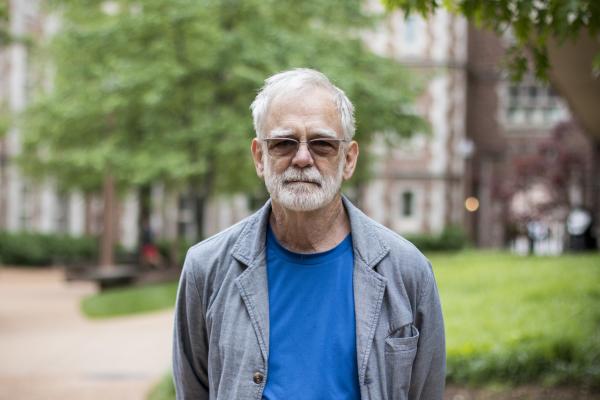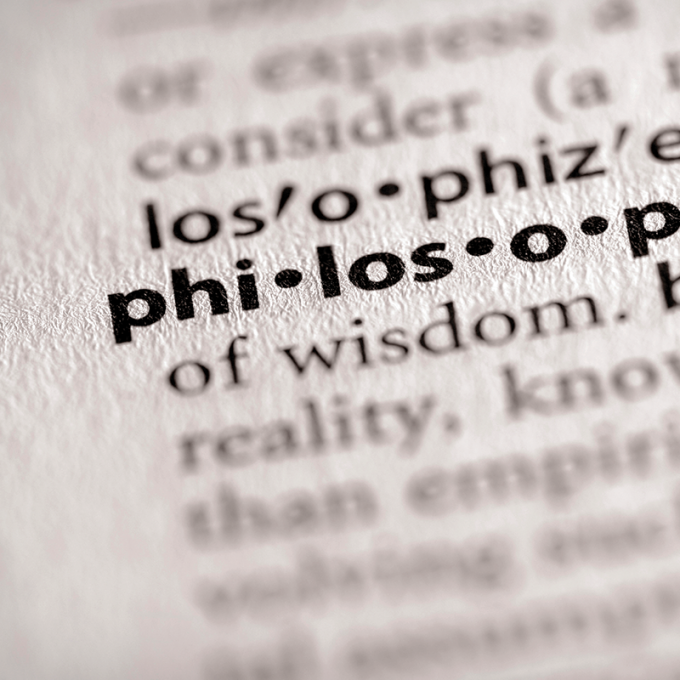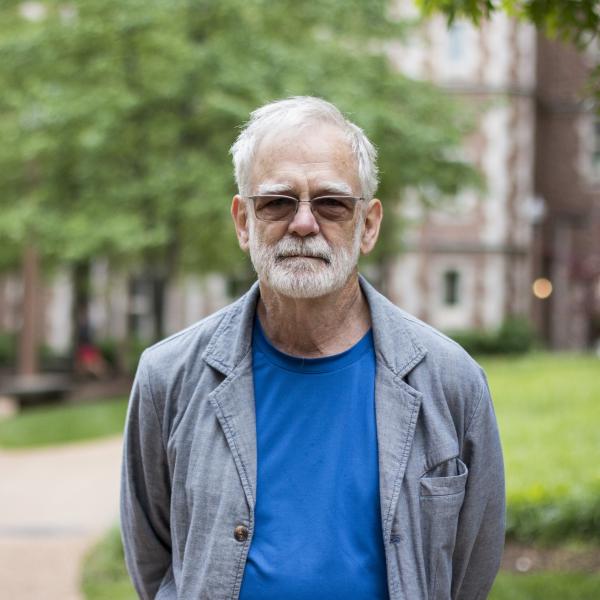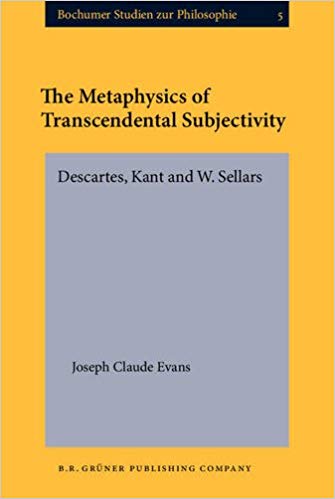Professor Evans's teaching and research interests include environmental philosophy, existential philosophy and romanticism, and the aesthetics of landscape. A current project focuses on Paul Strand's abstract photographs.
News on Claude Evans' retirement - https://philosophy.wustl.edu/news/claude-evans-retires







